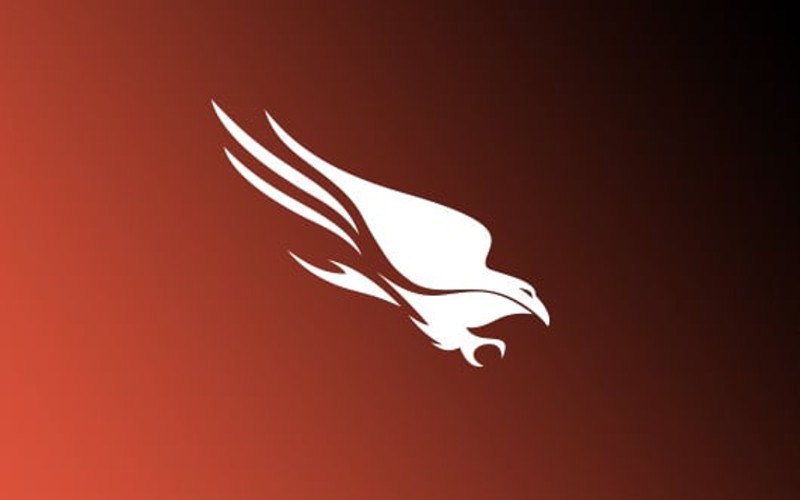Security experts have given their opinion on what caused today’s global IT outage and warned there was no quick fix.
Cyber security firm Crowdstrike say the problem was caused by an update to its Falcon antivirus software, designed to protect Microsoft Windows devices from malicious attacks.
George Kurtz, president, founder and CEO of CrowdStrike, said: “CrowdStrike is actively working with customers impacted by a defect found in a single content update for Windows hosts. Mac and Linux hosts are not impacted. This is not a security incident or cyberattack.
“The issue has been identified, isolated and a fix has been deployed. We refer customers to the support portal for the latest updates and will continue to provide complete and continuous updates on our website.
“We further recommend organisations ensure they’re communicating with CrowdStrike representatives through official channels. Our team is fully mobilised to ensure the security and stability of CrowdStrike customers.”
Several IT experts have responded with their opinions on what caused the IT outage.
Mark Grindey, CEO of Zeus Cloud, said: “It’s clear that adequate testing for updates should be done in a safe environment before issuing them company-wide.
“Companies should never have auto-updates set in a live environment and always test an update in a safe environment before releasing it live to minimise potential risks.
“This global outage highlights the need for businesses to not blindly trust their suppliers when it comes to updates before testing first.
“The only fix now is to reboot in safe mode and remove the erroneous file; unfortunately, this can’t be done remotely. It could so easily have been a security incident or cyber attack and this manual intervention required to get back up and running opens the door for other potential security risks and vulnerabilities.
“The only course of action now is to manually and safely reboot the thousands of computers affected – a task that will undoubtedly be challenging and time-consuming.”
Mark Jow, EMEA technical lead and security evangelist at Gigamon, said: “This Microsoft IT outage demonstrates the need for more robust and resilient solutions, so that when these issues do arise, they can be resolved quickly without causing such widespread customer chaos and security risk.
“Preparedness is key – every IT and security vendor must have a robust system in place across its software development lifecycle to test upgrades before they are rolled out to ensure that there are no flaws within the updates.”
Phil Wedgwood, CEO at Engage Solutions Group, said: “The global Microsoft IT outage highlights a clear need for why organisations of any size should adopt enterprise grade messaging apps. Embracing this technology is no longer a luxury – it’s a critical necessity.
“It’s clear organisations should be moving towards better and more streamlined forms of communicating with their people. Methods that safeguard you in an emergency.
“Business stakeholders use consumer grade technology every day. And so the question is why aren’t companies investing in the same to engage with their people reliably and ensure seamless continuity of communication in times of crisis?”
Stephen Johnson is CEO and founder of quality engineering consultancy Roq and said: “The global outage, affecting banks, airlines, and television channels, underscores the immediate impact such failures have on brand reputation, customer satisfaction, and revenue. In 2024, organisations must intensify their efforts to protect their customers.
“To counteract these trends, it is imperative that organisations embed quality deeply into their operational psyche and apply it to technology delivery right from the start. By identifying and managing these risks early on, organisations can prevent issues before they impact customers.
“The costs of overlooking quality are too great to ignore. It’s time to change the narrative – from reacting to technological crises to preventing them through steadfast commitment and foresight.”
Jeff Watkins, chief product and technology officer at CreateFuture, said: “Today, the skies seem to be empty, and that’s because many airports across the world are on a break, along with government departments, hospitals and more.
“There seem to be two sources for this, a Microsoft Azure outage, and an issue with a popular piece of cybersecurity software by Crowdstrike, which is reportedly taking down Microsoft Windows based systems.
“It’s not yet 100 per cent clear if they’re related, but it does seem likely that a problem with Crowdstrike’s Falcon Sensor software could be affecting Microsoft’s own estate.
“Thankfully, remedial steps have been published to recover machines and a fix made available for download, but putting millions of Windows machines into recovery mode takes time. This could well be one of, if not the, biggest IT outages of all time, and it should make us all pay attention.”
Iain James, computer systems manager at care management software provider Fusion eCare Solutions, said: “This incident starkly highlights our global dependence on IT infrastructure and exposes the vulnerabilities inherent in relying on a handful of major tech corporations.
“It serves as a wake-up call for the industry to reassess security protocols and underscores the urgent need for diversification and resilience in our technological backbone.
The reverberations of this event will be felt far and wide, prompting a deeper examination of how we safeguard our digital world.”


